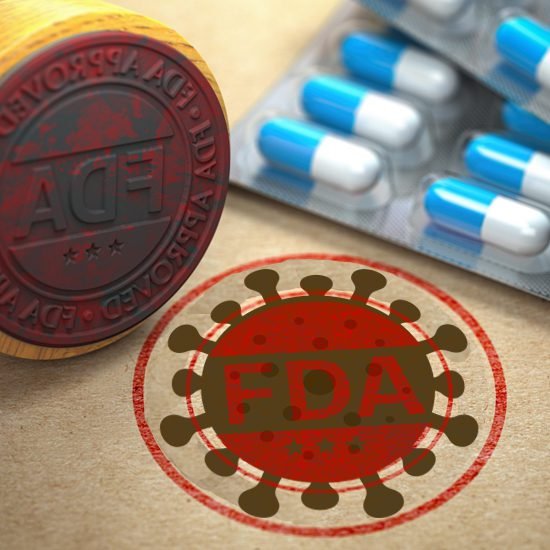
WASHINGTON — The Food and Drug Administration (FDA) formally requested for a popular kratom derivative to be classified as a controlled substance Tuesday.
The Trump administration’s top health officials said at a press conference Tuesday that they are seeking to curb the use of 7-hydroxymitragynine, or 7-OH. Kratom derives from a tropical evergreen tree that grows in Southeast Asia. But 7-OH can be found in vape shops, gas stations and skate shops in a synthetic, concentrated form in much higher doses than the trace amounts found in the botanical kratom plant.
The substance binds well to the same human receptors as classical opioids like morphine and fentanyl and appears to produce similar pharmacological effects, according to a new FDA review of the science. Anecdotal stories from users of the drug on Reddit and animal studies indicate it stimulates addictive behaviors and produces symptoms of withdrawal.
“Not too long ago, some evil genius in a lab decided to try to take mitragynine and further extract and process it into pure 7-hydroxymitragynine (aka 7-OH),” one Reddit post on r/addiction reads. “I just got out of detox for them. And I’ve been around the block. These things are…different. Not in a good way.”
7-OH is sold in colorful tablets, in candy, in powder stirred into drinks or in shots, disguising the seriousness of the drug. 7-OH produces respiratory depression with more than 3-fold greater potency than morphine, per the FDA. The mean cost per serving was just $3.97 in one 2025 study.
FDA Commissioner Marty Makary said the agency is seeking to differentiate the risks of 7-OH versus the kratom plant, cracking down on the synthetic derivative while allowing the kratom plant, which has been used for centuries, to be sold.
Makary said they are requesting the Drug Enforcement Agency to classify 7-OH at concentrations above a certain threshold as a Schedule I drug, the strictest stratum for the most dangerous drugs.
Health and Human Services Secretary Robert F. Kennedy Jr. drew from his own addiction recovery in comments to reporters, saying that waves of addiction often follow the ready availability of a mind-altering substance.
“I had to go to the South Bronx or the lower East Side [to get heroin]. Now you can go to any gas station,” he said.
Makary described 7-OH as a sleeper threat that the Ivy League failed to sound the alarm about.
“We have a history in public health of being asleep at the wheel,” Makary said. “Why do we get caught flat footed time and time again? In my opinion it’s because of a disconnect between the Ivy Tower and the streets. Have the experts been to the vape stores?”
In addition to the new report, Makary is issuing a “dear doctor” letter to inform physicians, and the FDA is educating distributors about the risks.
Sen. Markwayne Mullin of Oklahoma said that 7-OH can lead people in recovery for opioid addiction to relapse.
Data is limited and more reporting is expected from the National Institutes of Health, according to Makary. But the new FDA report includes some early warning signals.
The National Drug Early Warning System (NDEWS), which detects early indications of potential drug epidemics, picked up increased Reddit posts mentioning 7-OH from January to September 2024.
A Drug Enforcement Administration toxicology database was queried for reports of mitragynine, 7-OH, or mitragynine pseudoindoxyl from 2019 to 2025 and found a total of 103 cases, some fatal and some non-fatal. FDA’s Adverse Event Reporting System (FAERS) has documented 13 cases of adverse events, including 2 deaths, suspected to involve 7-OH.
The National Survey on Drug Use and Health includes questions about use of kratom, but not 7-OH.
Content created by The Daily Caller News Foundation is available without charge to any eligible news publisher that can provide a large audience. For licensing opportunities of our original content, please contact licensing@dailycallernewsfoundation.org











